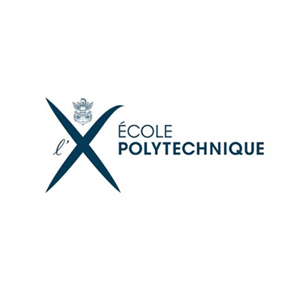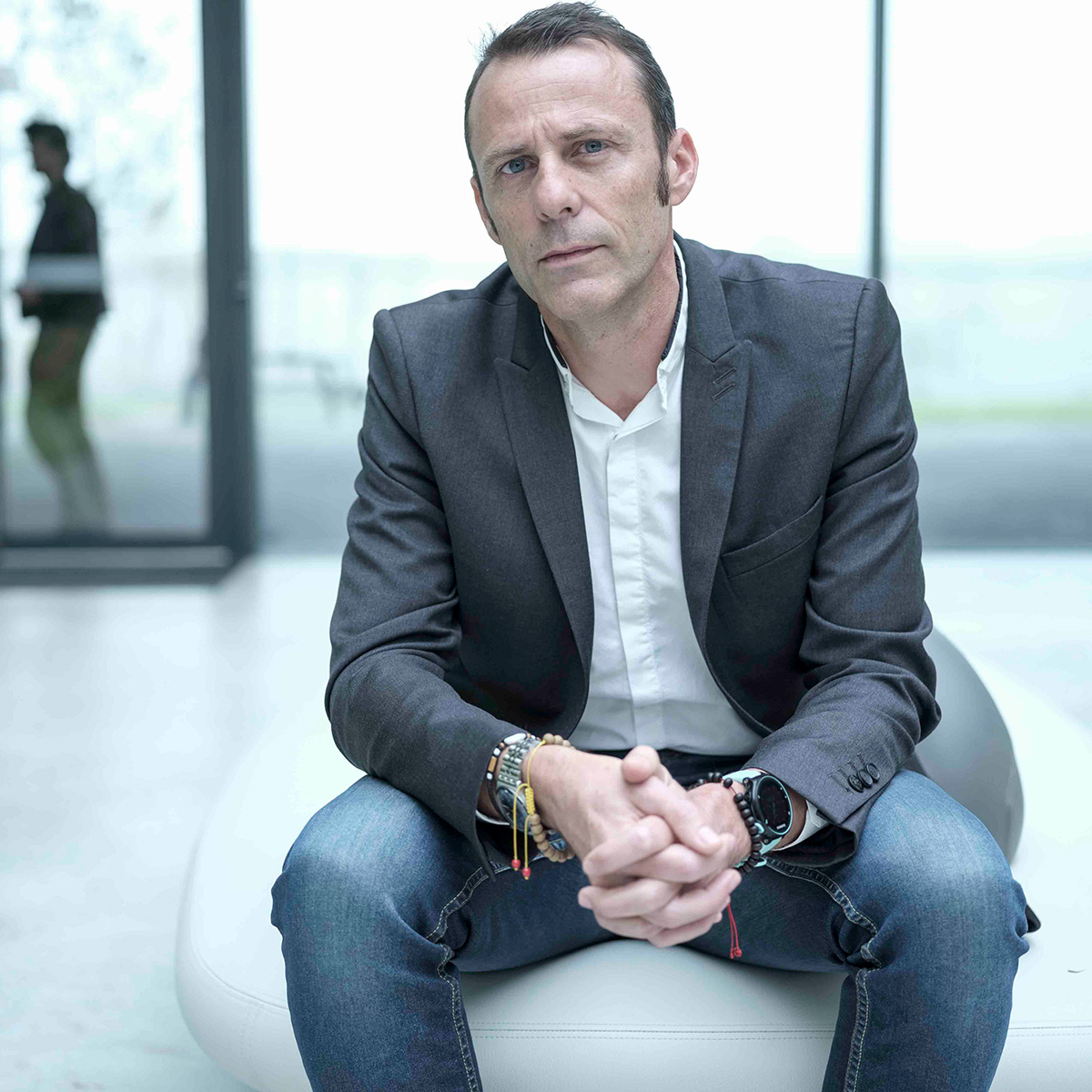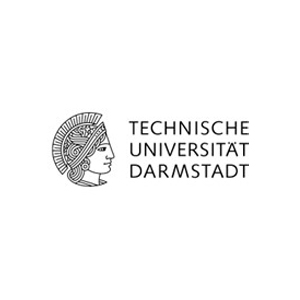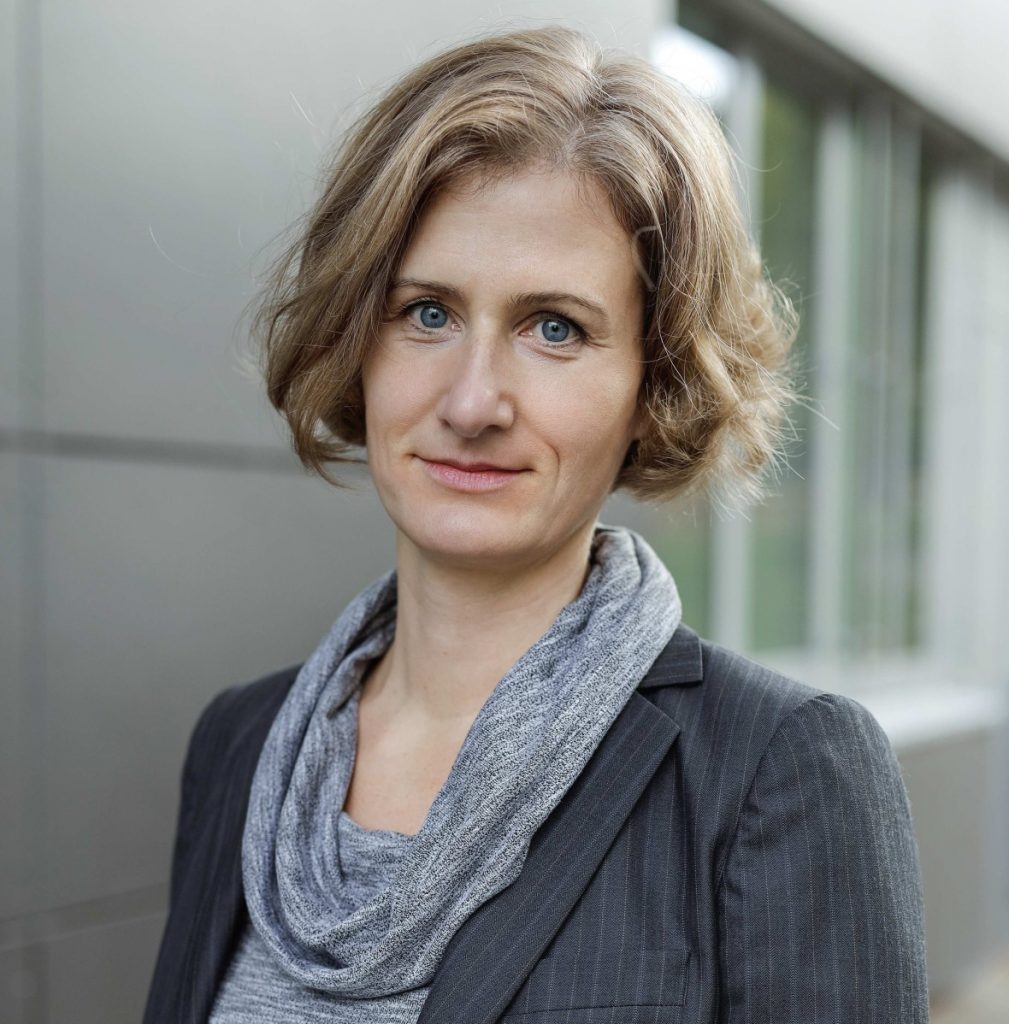Did you know that turbulence might not be the only one responsible for shaking up and down the aircraft you’re in? ❄️
Also in-flight icing can lead to this, and even be more dangerous than turbulence!❄️
In-flight icing poses a significant threat to aviation safety because it alters the shape of the aircraft, making it essential for the pilot to detect and address this issue promptly to avoid fatal accidents🚨. However, detecting ice swiftly on propulsion units, such as helicopter rotors and aircraft propellers, is challenging since it is not feasible to place detection devices on rotating blades.
To develop innovative ice detection systems for helicopters and propellers🚁, Carlos Neves is currently researching how changes in the aerodynamic performance, noise, and vibrations of propulsion units subjected to icing conditions can be used to characterize ice accretion.
🎯 The primary objective of this PhD research is to use this data to train mathematical models that can be incorporated into vehicle systems🖥️, enabling pilots to have real-time ice detection on critical components of aircraft and rotorcraft throughout the entire flight.🧊
To design in-flight and real-time multi-level ice detection technologies accounting for operational uncertainties
- Simulation of complex three-dimensional rotor ice structures, including performance degradation and ice-induced vibrations;
- Assessment of the acoustic analogies most suitable for ice detection
- Formulation of a robust and reliable multi-level ice detection system for helicopter rotors and UAVs propellers, based on the aeroacoustic signature of iced blades and on performance and vibration parameters.
Detection of ice conditions and real-time power control of IPS (PWG1)
- Morelli, M., Zhou, B. Y., & Guardone, A. (2020). Acoustic characterization of glaze and rime ice structures on an oscillating airfoil via fully unsteady simulations. Journal of the American Helicopter Society, 65(4), 1-12. https://doi.org/10.4050/JAHS.65.042004
- Zhou, B. Y., Gauger, N. R., Morelli, M., Guardone, A., Hauth, J., & Huan, X. (2020). Development of a Real-Time In-Flight Ice Detection System via Computational Aeroacoustics and Bayesian Neural Networks. In AIAA Scitech 2020 Forum (p. 1638). https://doi.org/10.2514/6.2020-1638
- Zhou, B. Y., Gauger, N. R., Hauth, J., Huan, X., Morelli, M., & Guardone, A. (2019). Towards real-time in-flight ice detection systems via computational aeroacoustics and machine learning. In AIAA Aviation 2019 Forum (p. 3103). https://doi.org/10.2514/6.2019-3103











